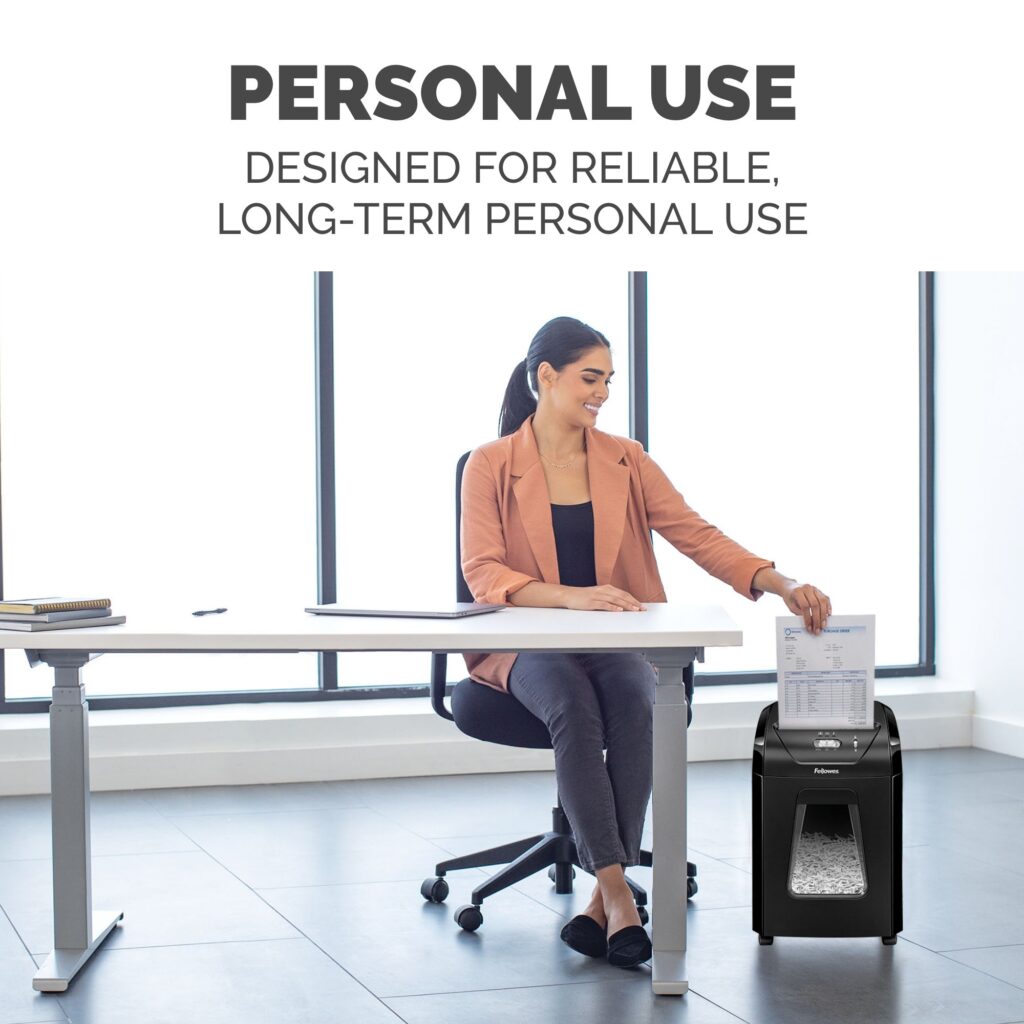Renting a paper shredder offers a smart, flexible option when you need to destroy documents safely without buying a machine. It saves space, cuts costs, and ensures secure disposal—perfect for one-time events, office moves, or temporary projects.
Gather Your Shredding Materials
Start by collecting all documents you want to shred. Sort them by sensitivity—like invoices, confidential notes, or personal records. Remove staples and clips to avoid jamming the shredder. This prep helps the machine work smoothly and safely.
Identify Security Level Requirements
Choose the right type of shredder based on how private your documents are. Light shredding (strip-cut) works for non-sensitive paper. For confidential files, cross-cut is better. Highly sensitive data needs micro-cut machines that reduce sheets to tiny bits.
Estimate Volume and Usage Duration
Estimate how many pages you’ll shred and for how long you’ll need the machine. A small units handles 7–10 pages at once, while larger ones can shred 30+ sheets and run continuously . Decide between a short-term (daily or weekly) or long-term (monthly) rental based on volume, timing, and cost.

Research Local Rental Providers
Search for office-supply stores, equipment rental firms, or shredding services that rent machines. Check reputations through user reviews. Some also offer mobile shredding trucks that come to your location, shred your documents on-site, and provide a destruction certificate.
Compare Costs and Fees
Get quotes that include rental rates, insurance or damage waivers, delivery or pickup charges, and late fees. Common rental rates range from ₹150–₹500 per day or ₹1,500–₹5,000 monthly, depending on your area and machine size . Confirm what the agreement covers.
Check the Rental Agreement
Before signing, carefully read terms covering rental period, rates, maintenance support, liability for damages, and cancellation rules. Make sure you’re aware of drop-off, pickup, or return policies. Keep a copy for reference.
Arrange Delivery or Pick-Up
Decide whether the machine will be delivered or if you’ll collect it. Larger units are often delivered and installed on-site; smaller ones can be picked up. Confirm timing with the provider and check for any additional charges.
Inspect and Test the Shredder
When the shredder arrives, check its condition. Test it with a few sheets to confirm operation and ensure it meets the promised security level. Report any issues immediately to protect yourself from extra charges later.
Use the Shredder Safely
Operate in line with instructions:
- Feed small stacks when unsure
- Let the machine run cool-down cycles if required
- Avoid shoving in staples or thick materials
- Handle pins or cards as instructed
Advantages of Renting Over Buying a Paper Shredder
Renting a shredder makes more sense for short-term or occasional needs. If you’re organizing a one-time file purge, spring-cleaning your office, or hosting a shredding event, purchasing a machine may not be cost-effective. Shredders—especially high-capacity ones—can be expensive and require storage, ongoing maintenance, and occasional repairs.
When you rent, you avoid those long-term obligations. You also gain access to newer models with better shredding capabilities, without having to invest heavily upfront. Rental companies often maintain their machines well, ensuring you get an efficient unit ready for use.
Also, you won’t have to deal with end-of-life disposal. Owning a shredder means eventually figuring out how to responsibly get rid of it when it’s no longer usable. Renting eliminates that headache.
Events and Scenarios Where Shredder Rentals Work Best
There are several situations where renting a paper shredder is especially practical:
- Tax season: Accountants and financial offices need to destroy a high volume of sensitive paperwork after filing deadlines. Renting a shredder makes clean-up much easier.
- End-of-year cleanups: Offices typically declutter their files before the new year. Temporary shredder rentals allow teams to dispose of unneeded documents efficiently.
- Legal cases or audits: During investigations or audits, businesses often need secure document destruction. Renting a shredder ensures compliance and confidentiality.
- Relocations and closures: When an office is moving or shutting down, old files often need to be destroyed. Renting avoids transporting or storing sensitive papers unnecessarily.
- Community shredding events: Local governments and nonprofits sometimes host public shredding days. Renting several commercial shredders makes these events run smoothly.
What to Avoid When Renting a Paper Shredder
While renting is generally straightforward, there are a few common pitfalls to steer clear of. Avoid underestimating your volume needs—choose a machine that can handle your workload. If you expect heavy use, don’t rent a low-capacity machine, as it could jam or wear out quickly.
Also, make sure to follow operational guidelines. Feeding too many sheets at once or ignoring cooldown periods can cause breakdowns, which may result in repair costs or replacement charges.
Plan Regular Emptying and Oil Maintenance
Keep an eye on the bin and empty it before it overflows. Some providers offer maintenance and technical support—check if it’s included. If oiling is required, ask the company for the right oil or instructions to keep blades clean.
Return the Shredder Promptly
When you’re done, arrange for return or pick-up. Clean it and prepare it for handover. Make sure all power cords are intact. Return on time to avoid late charges.
Get a Certificate if Needed
Certificates of destruction may be provided by some services, especially mobile shredding trucks. This document confirms that your documents were disposed of securely—useful for compliance or audit trails.
Frequently Asked Questions
What types of shredder cuts are available?
Strip-cut (basic), cross-cut (medium), and micro-cut (high security) are common choices based on data sensitivity.
How long can I rent a shredder?
Rental periods vary from daily to multi-year. You can pick based on your project needs.
Are maintenance and support included?
Many providers include maintenance, troubleshooting, and repairs in rental packages. Ask in advance to confirm what’s included .
Will the shredder handle staples and credit cards?
Most commercial-grade rentals can shred staples, clips, cards, and CDs. Confirm machine specs to avoid damage .
What if the shredder jams or breaks?
Rental agreements often include technical support or repairs. Contact provider immediately and follow safety instructions .
Do I need insurance or a deposit?
Some companies require a security deposit or damage waiver fee. This covers accidental damages or loss.
Conclusion
Renting a paper shredder gives flexibility and peace of mind when you need to dispose of documents securely. By planning based on document type, volume, and rental duration, and by reviewing rental terms carefully, you’ll select the right model while keeping costs low. Make sure you get support included, follow safety steps, and return the machine on time. That way, document disposal becomes hassle-free and fully secure.
